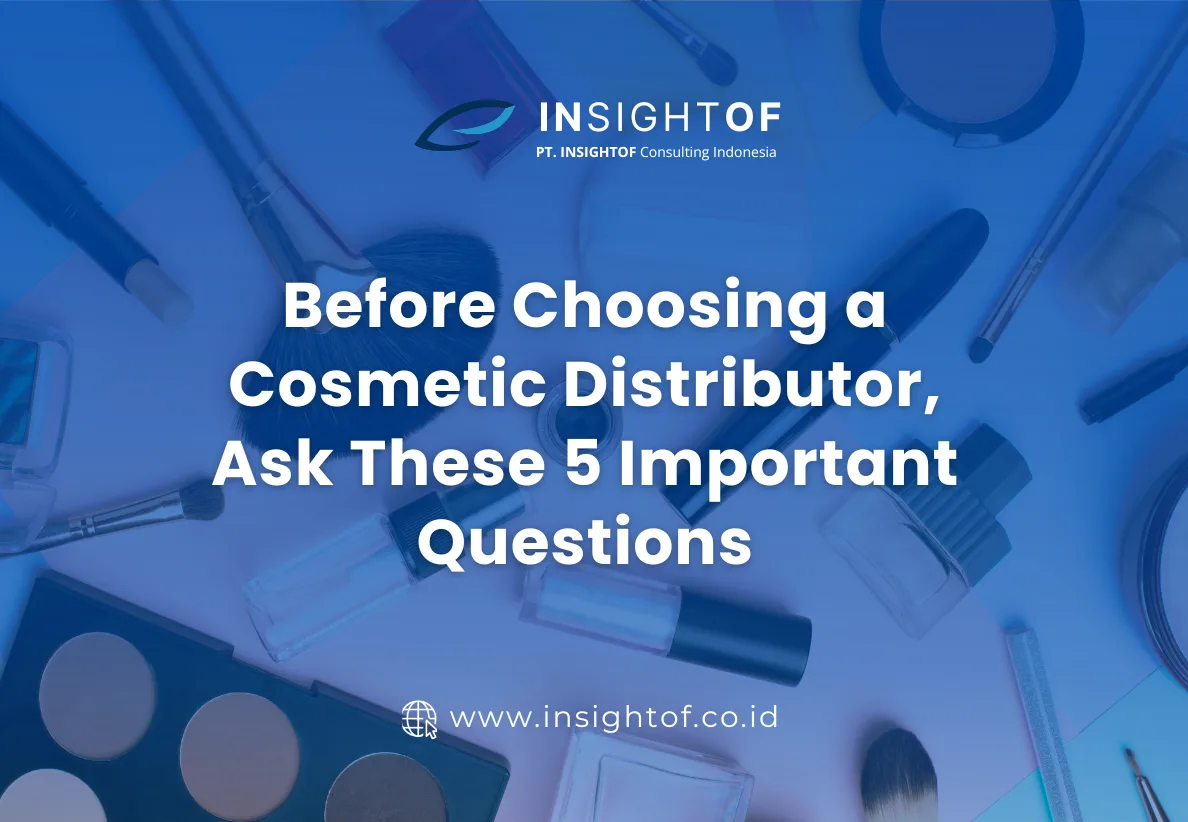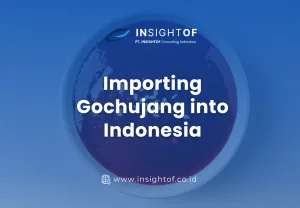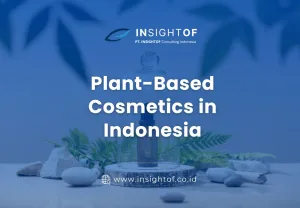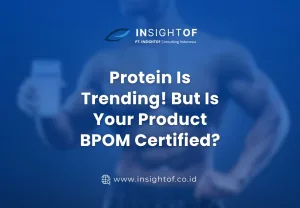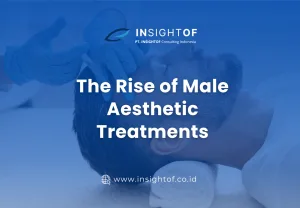Indonesia’s cosmetics market is large and continuously growing, attracting many foreign producers or importers to sell their products here. However, before entering the market, it is crucial to understand local regulations. According to Health Law No. 36/2009 Article 106 Paragraph (1), all pharmaceutical products—including cosmetics—must have a distribution license before being marketed.
This means the distributor you choose must officially hold a distribution license from BPOM (Marketing Authorization Holder – PIE) to legally distribute your products. A competent and trustworthy distributor will ensure your products are safe, meet standards, and comply with BPOM regulations.
Based on that, here are five key questions you must ask any prospective cosmetic distributor:
1. Distributor’s Legality and Business Licenses
The first question is to confirm the distributor’s legal status. Check whether they have complete legal documents such as:
- Business Identification Number (NIB), Trading Business License (SIUP), Company Registration Certificate (TDP), and Company Tax ID (NPWP)
- BPOM Distribution License (Notification Number for cosmetics) for the products they distribute
- (If relevant) Import license (API-P) or official Distributor Appointment Letter
Ensure all documents are valid to verify the distributor operates legally and to minimize the risk of license rejection by the authorities.
2. Distributor’s Experience and Reputation
Ask about their experience in the cosmetics industry. Distributors with long-standing operations often understand the local market and regulations better. Request references or a list of brands they’ve worked with, along with testimonials from previous principals.
Working with a trusted distributor can reduce licensing and logistics issues. Experienced distributors usually have teams skilled in handling administrative obstacles or regulation changes, making the licensing and marketing process smoother.
3. Distribution Network and Marketing Capacity
Next, evaluate their distribution reach. Do they cover all of Indonesia or only certain regions?
Choose a distributor with access to marketing channels that match your product needs (e.g., pharmacies, retail cosmetics, e-commerce, salons/clinics, or digital platforms). A wide distribution network helps your product reach consumers quickly. Also ask about the type of promotional support they offer (product training, marketing programs, online campaigns, etc.), as this affects market penetration.
4. Understanding of Local Regulation
Ensure the distributor understands BPOM and Ministry of Health regulations for cosmetics.
They must know packaging and labeling requirements (e.g., using Bahasa Indonesia, listing ingredients, usage instructions) and product safety standards (e.g., restricted ingredients and maximum limits).
Ask if they’ve handled label compliance or certification before. A distributor who knows the rules will ensure your product’s formulation and packaging meet BPOM standards, helping you avoid license rejections or product recalls.
5. Ability to Handle Product Registration and Distribution License
Lastly, ask if they can manage the BPOM registration process. This involves several technical stages. A good distributor usually has a team or partners experienced in registering products.
Typical steps include:
- Creating a business account in BPOM’s system and verifying company documents
- Collecting documentation (e.g., GMP certificates, lab analysis, product labels, certificates of free sale, and declaration letters)
- Submitting product data in BPOM’s system and waiting for verification (typically 7–14 working days)
Make sure your distributor understands the process above and can follow up if corrections or additional information are requested by BPOM. Their expertise can significantly speed up the issuance of your product’s Notification Number.
By asking the five questions above, you can evaluate a cosmetic distributor’s competence thoroughly. Choosing a distributor that is officially registered and competent (including PIE status at BPOM) will ensure your cosmetic product is legally registered and gains access to the Indonesian market in compliance with regulations.

